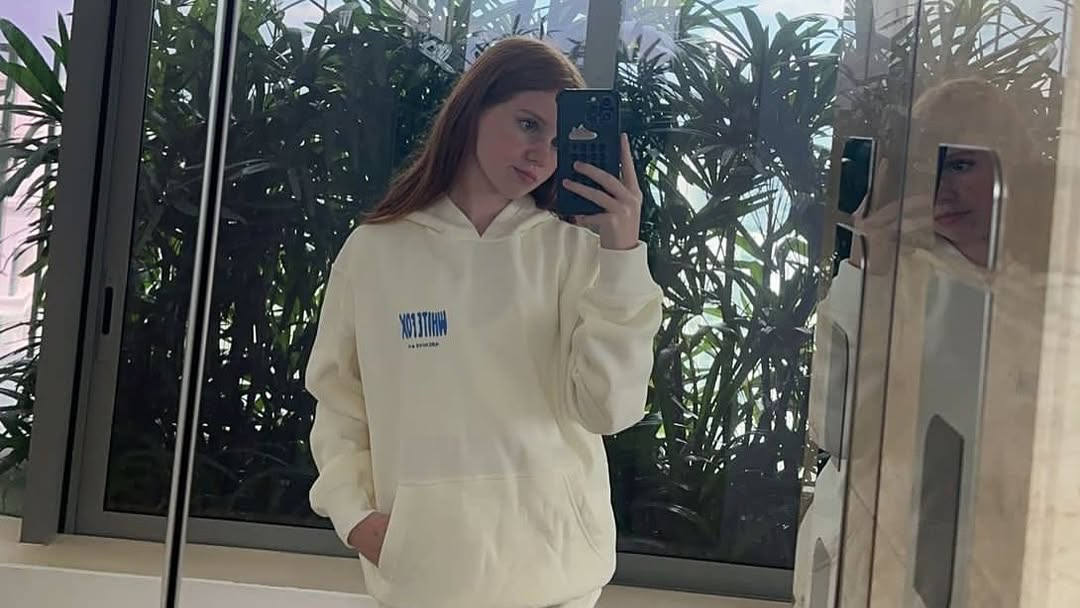Teenage Tycoons: How Young Entrepreneurs Are Redefining Success in 2025
In a world where business is increasingly digital, teenagers are no longer just consumers — they're becoming founders, marketers, and CEOs. From bedrooms turned boardrooms to viral product launches on TikTok, a new wave of teen entrepreneurs is proving that age is no longer a limitation in the world of commerce.
At the forefront of this movement are teenagers who’ve launched businesses that rival those of seasoned professionals. Their products are smart, their branding is sharp, and their strategies reflect a deep understanding of their generation's values — speed, authenticity, and purpose.
The Return of a Young Mogul: Pixie Curtis
One of the most talked-about names in this space is Pixie Curtis, the 12-year-old Australian millionaire whose entrepreneurial journey continues to capture headlines. Pixie first found fame after launching Pixie’s Fidgets, a business that quickly ballooned to six-figure monthly revenues. Her toy and accessories brand sold out almost immediately, catapulting her into the global spotlight and positioning her as a poster child for Gen Z business ambition.
After taking a brief hiatus in 2023 to focus on school, Pixie has made a confident return to the business world. Her comeback is marked by a savvy shift in branding — moving from toys to lifestyle endorsements. She now collaborates with trendy tech and fashion brands, often captioning her posts with confident catchphrases like “You can thank me later.” Based in Singapore, she’s expanding her reach and influence across Asia while continuing to build her business legacy.

@pixiecurtis
Who Else Is Winning in the Teenage Business Scene?
While Pixie might be the most high-profile name, she's not alone in this space. All over the world, teenagers are leveraging their skills and passions to launch innovative ventures.
Take Ella Martinez, for example. At just 16, she created ChatBuddy, a digital mental health chatbot designed to support other teens. Her startup began as a coding side project but quickly gained traction. Within six months, she had over 10,000 users and partnerships with local school districts. What sets Ella apart isn’t just the tech — it’s the mission behind it. She’s using artificial intelligence to create meaningful impact among her peers.
In another corner of the teen entrepreneur world is Malik Johnson, 17, who launched Earth Threads, a sustainable streetwear label focused on upcycled fashion. Malik’s vision goes beyond style. He’s building a movement around eco-conscious living and Gen Z activism. His designs — made entirely from thrifted and recycled materials — are gaining a cult following, and his brand has already been featured in eco-fashion roundups across Instagram and Pinterest.
Then there’s Sasha Patel, a 14-year-old YouTube chef whose love of snacks and smoothies turned into a powerful content brand. Her channel, Sasha’s Snacks, now boasts over half a million subscribers. She’s published a digital cookbook for teens, collaborated with wellness brands, and built a fanbase that spans continents — all from her kitchen counter.
How Do These Teens Actually Build Their Brands?
These young founders tend to spot trends early. Whether it’s AI, sustainability, or short-form content, they know how to ride cultural waves with agility. They also understand platforms like TikTok and YouTube better than most traditional marketers ever will. For example, Sasha built her audience with 30-second recipe videos optimized for shareability, while Malik used Instagram to host live design sessions that deepened his brand’s authenticity.
Parents or guardians often play a key supporting role behind the scenes. For legal reasons, most minors need help setting up bank accounts, signing contracts, or forming an LLC. But that doesn’t mean the teens aren’t running the show — in fact, they’re usually the creative and strategic drivers behind the business.
It’s also worth noting that many of these startups begin with little to no funding. Sasha began filming on her phone. Malik started by redesigning old clothes from his closet. Their success is rooted not in capital, but in consistency, storytelling, and an understanding of their audience.
Common Questions About Teen Entrepreneurs — Answered
Is it legal for teens to run businesses?
Yes — but with a catch. Most under-18s need an adult to help with legal paperwork, such as forming a company, opening bank accounts, or signing brand deals. Parental involvement is usually essential during these stages.
How do they balance business with school?
Surprisingly well. Many work after school or on weekends. In Pixie’s case, taking a break was a strategic move to focus on education before returning to business with a clearer head. Time management is key — and many teens use apps like Notion or Trello to stay organized.
What kind of startup costs are involved?
Not much. Thanks to platforms like Shopify, Canva, and TikTok, teens can launch digital-first brands with very little upfront investment. Their biggest asset is often their ability to create content that resonates — for free.
What’s Really Driving This Generation of Teen CEOs?
This new generation of business owners brings a different kind of energy to the table. They’re authentic, they move quickly, and they care deeply about the causes they build around. Many are launching brands tied to identity, sustainability, or mental wellness — not just profits.
Their natural ability to create viral content is another superpower. While older entrepreneurs study algorithms and SEO strategy, these teens grow up with it. They intuitively understand how to build community and leverage social media for maximum impact.
In short, they’re not just building businesses — they’re building movements.
Conclusion
Teenage entrepreneurs like Pixie Curtis, Ella Martinez, Malik Johnson, and Sasha Patel are changing the way we think about business and age. They’re not waiting for permission or a degree. They’re launching, learning, and leading — often before they’ve even finished high school.
Their stories show that with passion, digital tools, and the right support system, today’s teens can turn ideas into global brands. If you're a young person with a big idea — or a parent wondering how to support one — now’s the time to pay attention.












